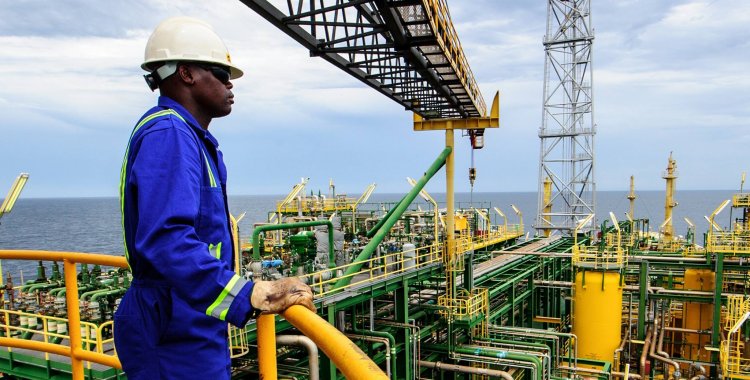"There is no thought in that direction" at the moment, said Angola's representative at OPEC, Estêvão Pedro, in statements to the financial information agency Bloomberg, following the postponement of the cartel's Wednesday meeting, due to disagreements over the cut in production quotas, particularly from African countries.
According to international agencies, Wednesday's meeting was interrupted and postponed until next Thursday after members of the cartel that represents the majority of world oil production disagreed over production targets for African countries, including the Portuguese-speaking Angola and Equatorial Guinea, in addition to Nigeria.
Saudi Arabia and its allies wanted to impose lower quotas on the oil production of African countries, in an attempt to increase prices for next year, but face opposition from those targeted, eager to increase production and, consequently, revenues, in a context of economic difficulties in the region.
Angola's dispute with OPEC could be "difficult to overcome", as the country does not want to accept a reduction in quotas, considered the director of RBC Capital Markets for raw materials, Helima Croft.
"We are a little more insecure about the longevity of the partnership [between Angola and OPEC], but we do not see a potential exit as material for the organization's work", added the analyst.
She considered that, on the contrary, it will be easier to convince Nigeria due to "the value it gives to the partnership with OPEC and the strengthening of ties with Saudi Arabia", a country that was recently visited by the new Nigerian President to attract foreign investment.
"Postponing a meeting in this way is an important thing, it is not done lightly," Jan Stuart, an economist specializing in energy issues at consultancy Piper Sandler, told Bloomberg.
Wednesday's divergence revisits the disagreement from June, when Angola, the Republic of Congo and Nigeria were forced by Saudi Arabia's Energy Minister, Prince Abdulaziz bin Salman, to accept a reduction in the production limit for 2024, reflecting the weak capacity of African countries, both for influence and for oil production.
Nigeria, for example, showed that it can exceed the quota agreed in June for 2024, having pumped 36 thousand barrels per day more than the limit, to 1.416 million barrels per day, according to Bloomberg.
The postponement of the OPEC meeting had little effect on the markets, with Brent oil for delivery in January opening the session at 81.37 dollars per barrel, only slightly below the 81.96 at which it closed Wednesday's session.







